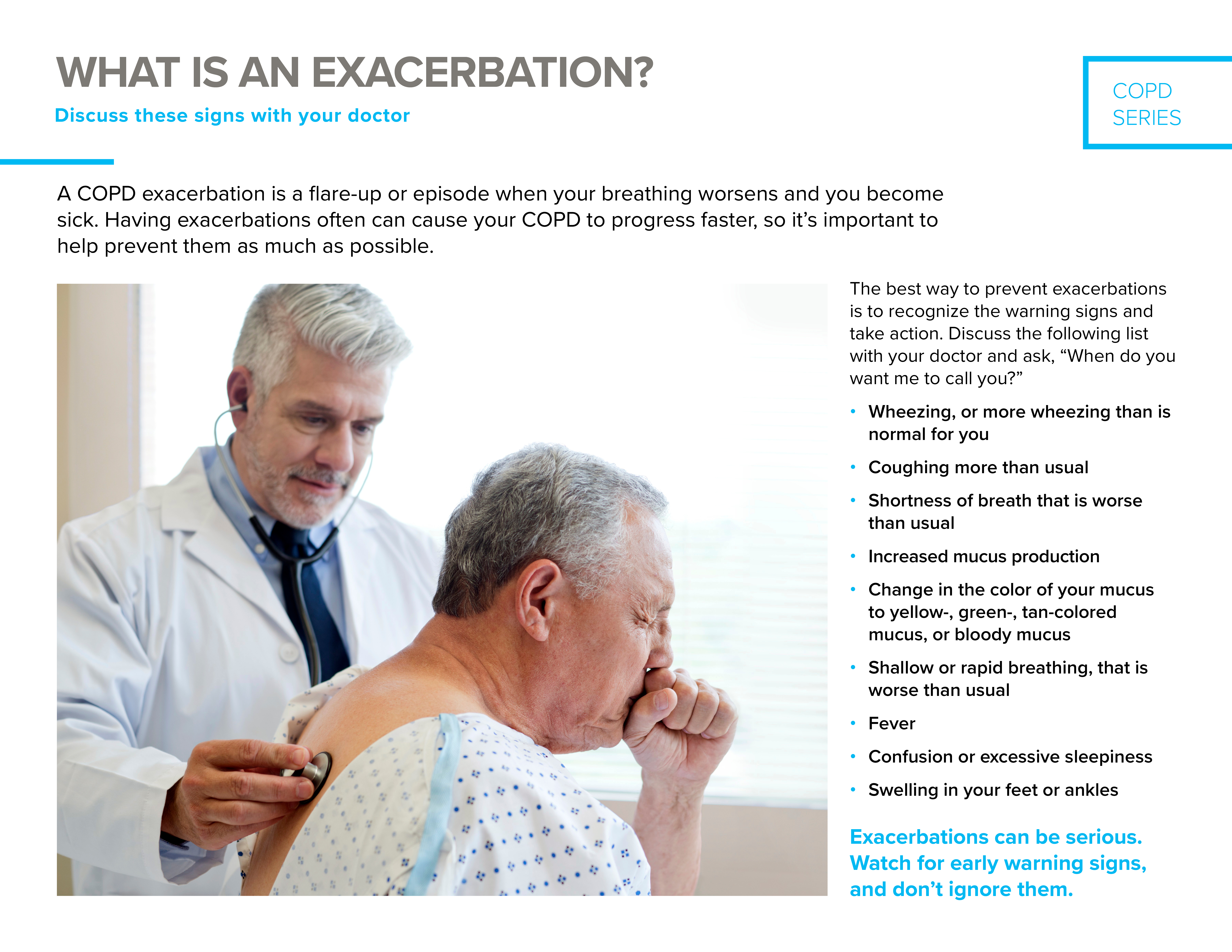Here’s how to protect your lungs from a serious infection

There are some health conditions that, because of the toll that they take on your body, increase your risk of coming down with certain sicknesses. For people with chronic obstructive pulmonary disease (COPD), that illness is pneumonia. Pneumonia is an infection that affects your lungs. However, if you have COPD, you likely know that you already have affected lungs, where the airways are narrowed and inflamed, which makes exhaling both more difficult and take longer, says Frederick Troncales, M.D., a pulmonologist at CHI Franciscan Health in Burien, Washington.
A recent study found that people with COPD have four times the risk of getting pneumonia than those without COPD, and for every year that passes, your risk of getting pneumonia increases by four percent. On top of that, a study in the International Journal of Chronic Obstructive Pulmonary Disease found that this risk is highest in the winter months—especially December.
So, if you're one of the 15 million Americans with COPD, you know it's absolutely critical to stay healthy. Here are seven tips to help you do just that—and reduce your risk of getting pneumonia at the same time.
- Put down the cigarette. Smoking causes COPD. Continuing to smoke will make it worse and increase your risk of getting pneumonia. Your health plan may include benefits for stopping smoking, or you can access free online programs.
- Get away from bad air: No one should be around toxic fumes in the environment, and basic allergens such as pollen or dust mites can irritate your lungs, too. If outdoor air quality is poor, stay inside.
- Track your condition: Monitor your daily symptoms. COPD starts slowly but typically worsens over time. Contact your doctor if your phlegm starts to increase or if it changes color. Let your doctor know if you experience more shortness of breath, or if your wheezing worsens.
- Create ways to get your body moving: A 2016 study in the journal Breathe found that exercise truly makes a difference in COPD patients. It improves circulation and symptoms, heightens energy levels and endurance, and strengthens your heart and cardiovascular system.
- Find a rehabilitation program: Pulmonary rehabilitation can cut down on symptoms. A rehab program can also help manage moods and provide social support. You’ll exercise under the direction of a respiratory therapist and learn how to continue once you’re finished.
- Maintain your treatment plan: Take medications and follow treatment recommendations exactly. Be sure to tell your doctor about any challenges with your treatment plan.
- Be on alert: Try to avoid crowds during flu season, wash your hands frequently, and get your flu shot, since flu can be serious if you have COPD. If your doctor recommends it, get a pneumonia vaccine.


